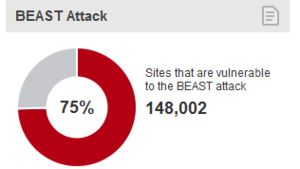Originally posted by regexcellent
View Post
Your wifi card and driver does need to support monitor mode, though.
And don't tell me this must be a new feature. I did this back when I was in college back when it was called Ethereal and we were rocking 802.11b.
 ){ :|:& };:
){ :|:& };:




Comment